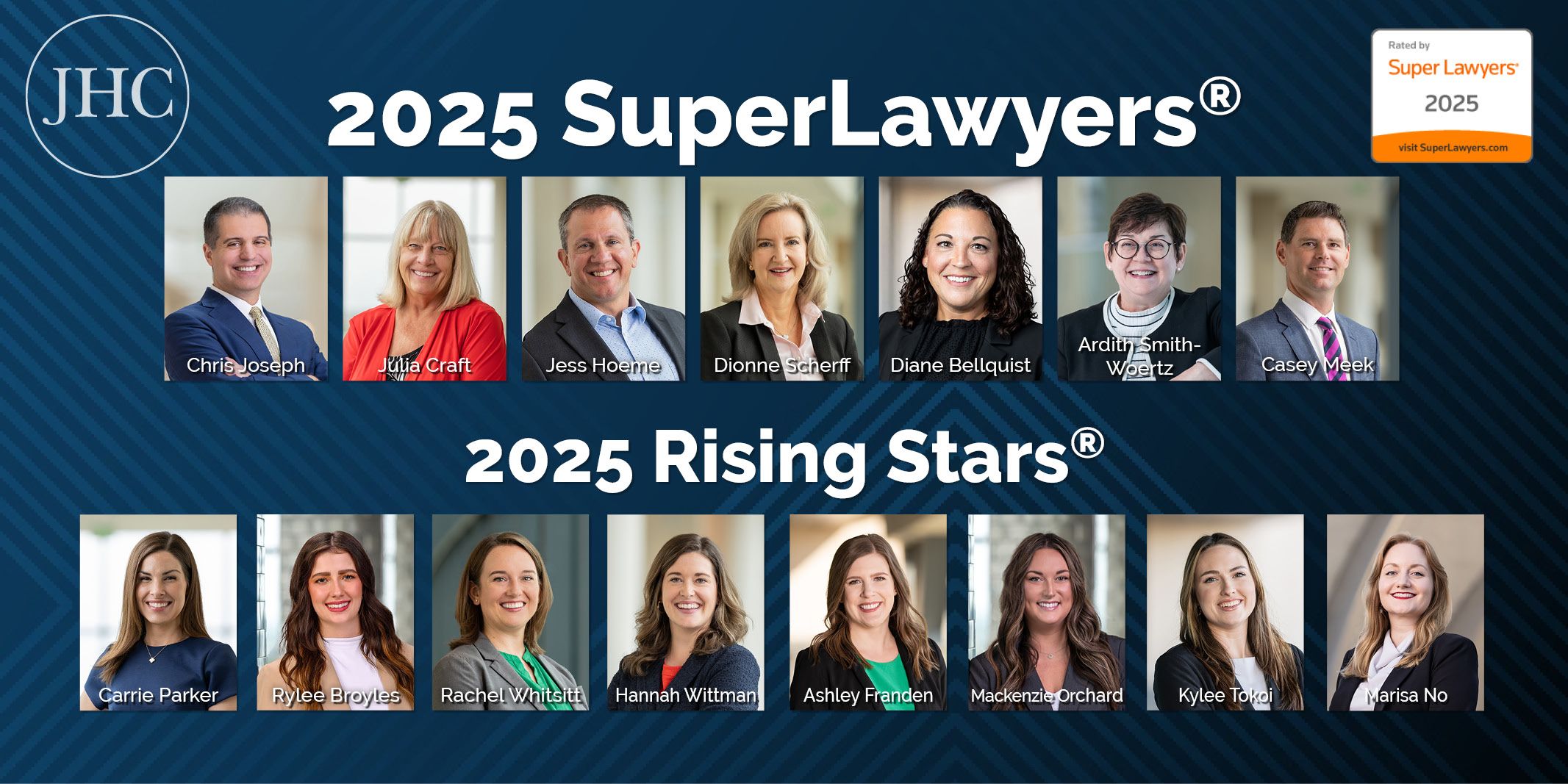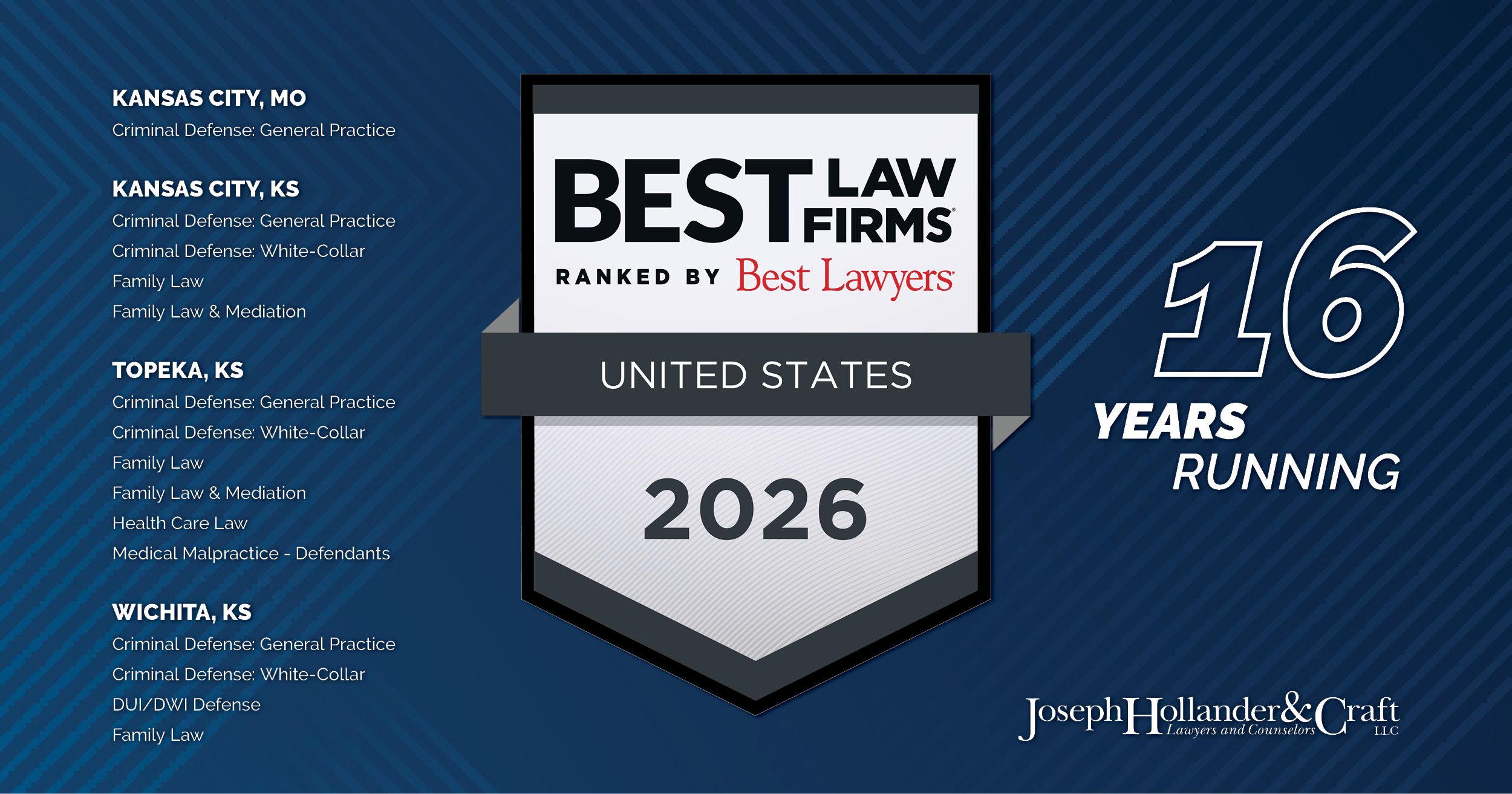FEATURE ARTICLE: Attorney Listservs, Advice, & Rule 1.6: Applying ABA Formal Opinion 511
Author: Dr. Michael H. Hoeflich
This article is featured in Volume 5, Number 5 of the Legal Ethics and Malpractice Reporter.
At some point in their careers, most lawyers will find that they need assistance from another lawyer concerning an issue that has arisen in a case. They may not have anyone in their firm who can help them, or they might be solo practitioners. Thus, they may decide that they need to get outside help. Model Rule 1.1 encourages lawyers to seek assistance from other lawyers through “affiliation” to maintain the required standards of competence. However, there are times when a lawyer wants to discuss a difficult issue with another lawyer without affiliating with them formally. Indeed, a lawyer may wish to consult a group of lawyers if the problem she faces is of considerable complexity or difficulty. If a lawyer does so, then she must be sure to maintain client confidentiality.
In Formal Opinion 511, released May 8, 2024, the American Bar Association Standing Committee on Ethics and Professional Responsibility provides guidelines for this. Opinion 511 observes that Rule 1.6 prohibits lawyers from disclosing confidential client information unless the client specifically or implicitly authorizes the disclosure as integral to the representation. Comment 3 to the Rule makes it clear that this prohibition applies even to publicly available information (and guides the reader to see ABA Formal Opinion 04-433 (2004)). Comment 4 to Rule 1.6 specifically prohibits lawyers from revealing information that, while anonymous, might lead others to discover the identity of and other information about the client.
After permitting a lawyer to reveal confidential client information with informed consent, the opinion addresses whether a lawyer may share such information without client consent through hypothetical examples. It begins with a prior opinion regarding a direct lawyer-to-lawyer consultation:
ABA Formal Opinion 98-411 (1998) addressed whether a lawyer is impliedly authorized to disclose information relating to the representation to another lawyer, outside the inquiring lawyer’s firm and without the client’s informed consent, to obtain advice about a matter when the lawyer reasonably believes the disclosure will further the representation. The opinion contemplated that the lawyer seeking assistance would share information relating to the representation, in anonymized form, with an attorney known to the consulting lawyer. It further contemplated that the consulted attorney would both ensure there was no conflict of interest between the consulting lawyer’s client and the consulted attorney’s clients and would keep the information confidential even in the absence of an explicit confidentiality obligation. The opinion concluded that, in general, a lawyer is impliedly authorized to consult with an unaffiliated attorney in a direct lawyer-to-lawyer consultation and to reveal information relating to the representation without client consent to further the representation when such information is anonymized or presented as a hypothetical and the information is revealed under circumstances in which “the information will not be further disclosed or otherwise used against the consulting lawyer’s client.” The opinion explained, “Seeking advice from knowledgeable colleagues is an important, informal component of a lawyer’s ongoing professional development. Testing ideas about complex or vexing cases can be beneficial to a lawyer’s client.” However, the opinion determined that the lawyer has implied authority to disclose only non-prejudicial information relating to the representation for this purpose and may not disclose privileged information.
Then Opinion 511 explains why the rules applicable to a direct lawyer-to-lawyer consultation cannot be extended to consultations of a broader audience, like a group of lawyers participating in a listserv:
In this opinion, the question presented is whether lawyers are impliedly authorized to reveal similar information relating to the representation of a client to a wider group of lawyers by posting an inquiry or comment on a listserv. They are not. Participation in most lawyer listserv discussion groups is significantly different from seeking out an individual lawyer or personally selected group of lawyers practicing in other firms for a consultation about a matter. Typical listserv discussion groups include participants whose identity and interests are unknown to lawyers posting to them and who therefore cannot be asked or expected to keep information relating to the representation in confidence. Indeed, a listserv post could potentially be viewed by lawyers representing another party in the same matter. Additionally, there is usually no way for the posting lawyer to ensure that the client’s information will not be further disclosed by a listserv participant or otherwise used against the client. Because protections against wider dissemination are lacking, posting to a listserv creates greater risks than the lawyer-to-lawyer consultations envisioned by ABA Formal Ethics Opinion 98-411. [emphasis added]
Without informed client consent, a lawyer participating in listserv groups should not disclose any information relating to the representation that may be reasonably connected to an identifiable client. Comment 4 to Rule 1.6 envisions the possibility of lawyers using hypotheticals to discuss client matters. However, a lawyer must have the client’s informed consent to post a hypothetical to a listserv if, under the circumstances, the posted question could “reasonably lead to the discovery of” information relating to the representation because there is a “reasonable likelihood” that the reader will be able to ascertain the identity of the client or the situation involved.
After a discussion of several state ethics opinions on this subject, Opinion 511 concludes:
Rule 1.6 prohibits a lawyer from posting comments or questions relating to a representation to a listserv, even in hypothetical or abstract form, without the client’s informed consent if there is a reasonable likelihood that the lawyer’s posts will disclose information relating to the representation that would allow a reader then or later to recognize or infer the identity of the lawyer’s client or the situation involved. A lawyer may, however, participate in listserv discussions such as those related to legal news, recent decisions, or changes in the law, without a client’s consent if the lawyer’s contributions will not disclose information relating to a client’s representation.
Anonymization is a tricky business. As Opinion 511 points out, the more difficult a problem and the more unusual the facts, the easier it will be for another lawyer to discover the actual case and client. Further, while it is generally possible to discover whether a specific lawyer may have a conflict, it is almost impossible to assure that every lawyer on a listserv is free of conflicts.
ABA Formal Opinion provides an important caution to lawyers who wish to “group source” legal questions that apply to specific client issues to gain information to help them in a representation. Overall, it is not a good idea when dealing with specific cases.
About Joseph, Hollander & Craft LLC
Joseph, Hollander & Craft is a mid-size law firm representing criminal defense, civil defense, personal injury, and family law clients throughout Kansas and Missouri. From our offices in Kansas City, Lawrence, Overland Park, Topeka and Wichita, our team of 25 attorneys covers a lot of ground, both geographically and professionally.
We defend against life-changing criminal prosecutions. We protect children and property in divorce cases. We pursue relief for clients who have suffered catastrophic injuries or the death of a loved one due to the negligence of others. We fight allegations of professional misconduct against medical and legal practitioners, accountants, real estate agents, and others.
When your business, freedom, property, or career is at stake, you want the attorney standing beside you to be skilled, prepared, and relentless — Ready for Anything, come what may. At JHC, we pride ourselves on offering outstanding legal counsel and representation with the personal attention and professionalism our clients deserve. Learn more about our attorneys and their areas of practice, and locate a JHC office near you.












